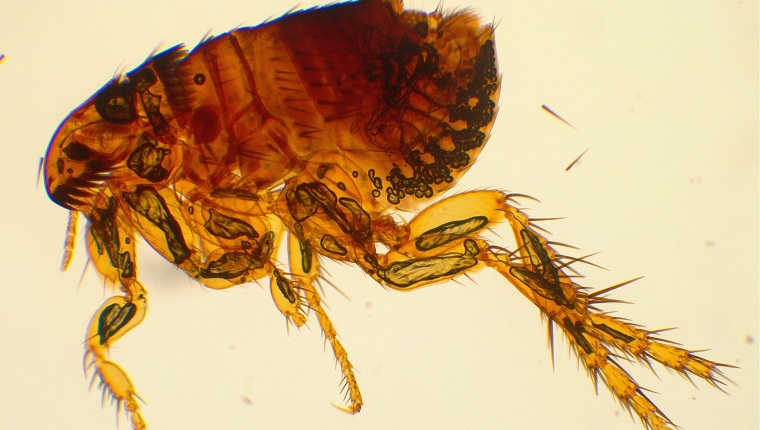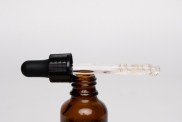Flea bite dermatitis in cats is a condition that occurs when the saliva present in fleas’ bites causes allergic reactions in cats’ skin. It can result in excessive itchiness and even hair loss.
The condition is also often referred to as simply a flea bite allergy. If you see the symptoms or signs of flea infestation in your cat, then you must get to a veterinarian for a proper diagnosis and treatment.
Here’s what you should know about the symptoms, causes, and treatments for flea bite dermatitis in cats.
Symptoms Of Flea Bite Dermatitis In Cats
Symptoms of a flea bite dermatitis in cats can present themselves in a number of ways besides obvious signs of itchiness.
Some of the most common symptoms include:
- Itching and scratching excessively
- Losing hair around the bites
- Discharge
- Crusty and swollen skin and scabs
Causes Of Flea Bite Dermatitis In Cats

The cause of flea bite dermatitis in cats is actually an allergic reaction to the fleas’ saliva, not the bites themselves.
This is because the saliva contains certain proteins that cause the allergic reaction, which is an overly reactive immune system response that leads to inflammation.
This inflammation prompts the cat to itch and start scratching.
Treatments For Flea Bite Dermatitis In Cats
You can check for the presence of fleas on your cat at home by using a special flea comb. Although, in the case of flea bite dermatitis, it’s advisable to also bring your cat to a veterinarian so they can rule out any other allergy-based issues.
Your vet will perform an examination and might also take blood or skin samples to confirm the cause of the allergic reaction.
The most effective treatment for flea bite dermatitis is to get rid of the fleas. Vets usually achieve this by prescribing special topical medication, which might take the form of droplets, shampoos or sprays. If your vet suggests a specific medicated product, it’s imperative to follow the dosage instructions precisely.
While recovering at home, you can also help your cat by cleaning and vacuuming your household and all fabrics and bedding that might also be housing fleas.
Has your cat ever had a case of flea bite dermatitis? How did your vet treat your cat and get rid of the fleas? Let us know in the comments section below!









